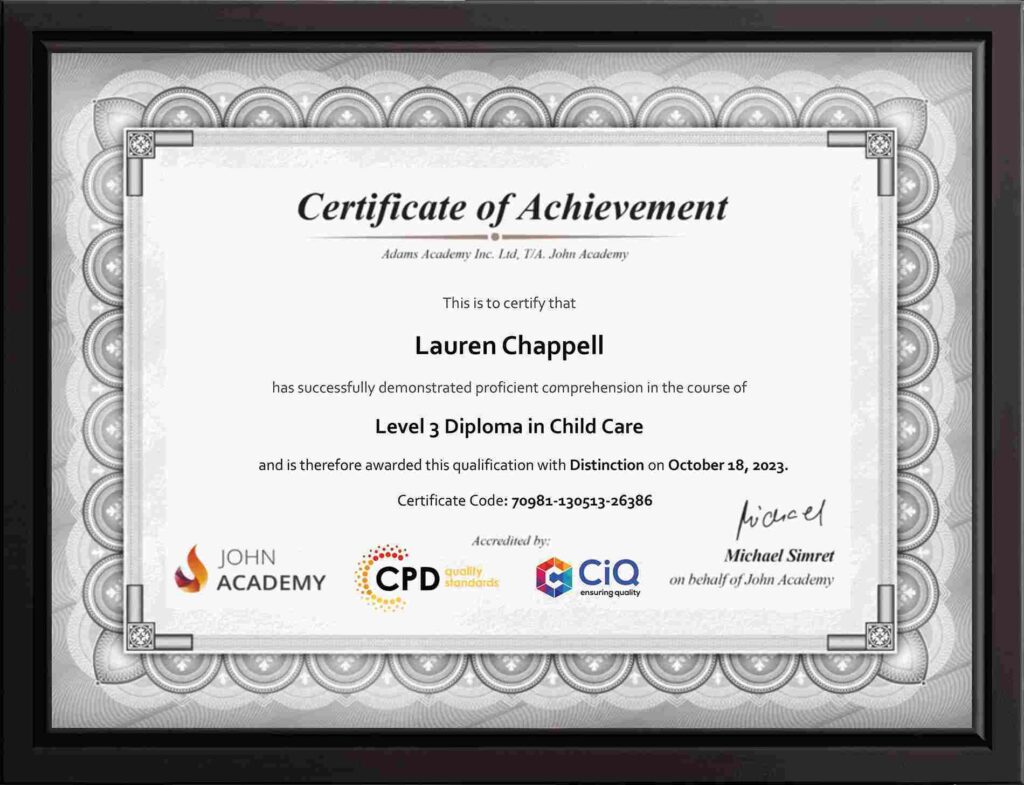
Thinking about a future career is something most students begin doing as early as freshman year of college. Imagining what your professional journey would be is important, as it helps you prepare and use the college years to get a head start. But, even the students who aren’t sure what they want to do after graduation can still work on developing certain skills that will come in handy, no matter what they do.
These are the soft skills that are necessary for any profession and that can set you apart from those other inexperienced candidates you’ll soon be facing. We’ve hand-picked the top 10 soft skills that every student needs to develop during college to secure future career success. Let’s break them down one by one.
What are Soft Skills?
Before we dig into the specific soft skills we know you’ll need as soon as you start looking for a job, let’s define what soft skills are and how they’re different from hard skills.
Soft skills refer to those non-technical or profession-related skills that are essential for virtually all jobs. They’re more about the way you handle problems, interact with colleagues, and the kind of work ethic you have.
As opposed to soft skills, there are hard or technical skills that are specifically tied to certain professions. It could be anything from data analysis or language proficiency to research and writing skills. For instance, if you were working in one of the essay services I used to hire to write my essay, you’d need hard skills like academic writing, proofreading, content creation, and more.
Top 10 Soft Skills For Students
Now that we’ve got the difference between soft and hard skills out of the way, let’s dig into the specific soft skills students should try and perfect during college. These skills are the essence of creating a solid professional image and making sure you’ll fit into any type of workplace or company.
1. Communication
Everything starts with great communication and it’s one of the top soft skills required in any professional setting. Great communication skills are vital for anyone trying to get a job or fit into a professional environment.
This is why students need to work on improving their communication skills, which includes:
- spoken or verbal communication
- active listening skills
- written communication
- non-verbal communication like body language
All of these different segments of communication will help you apply for a job, do some networking, make a great impression on people, nail a job interview, or fit into your project team.
There are all kinds of ways to practise and improve your communication skills gradually through college. Some of the options are:
- joining the debate team
- doing as many oral presentations as possible
- doing writing workshops
- taking public speaking classes
- researching body language
Be aware of the importance of communication and use every opportunity to practise and polish it.
2. Time Management
This next soft skill is something we all need, not just in professional settings but in personal life as well. Being able to manage your time smartly is a surefire way to make the most out of every day and reach your goals easily.
When it comes to students, they are in desperate need of proper time management since they can easily get lost in all the exams, projects, and due dates.
So, if you’re not great at organisation and managing your time, like 70% of working professionals, here are some ground rules to set for yourself to start improving:
- set daily or weekly goals you want to achieve
- prioritise them
- create a calendar to write it all down
- learn to make time estimations
- respect your schedule
In addition to this, students need to learn how to stay productive. So many of them are unfortunately prone to procrastination, scrolling through social media, and being easily distracted. Actively practising to maintain your focus and stay on task is what goes hand in hand with time management.
3. Creativity
Thinking outside of the box, being innovative, and striving to make a creative difference – are all highly appreciated practices in all workspaces. Your future employer will want to see you make a contribution and do more than what is officially requested from you.
Luckily, college is the perfect place to practise creativity and learn how to express and use all your best ideas.
Here are just a few of your options to begin with:
- joining various student clubs and organisations
- choosing creative courses
- attending artistic and creative workshops
- spending time with other classmates who are creative
Find creative things you enjoy doing and try being bold in your contribution to creative team projects.
4. Collaboration
Yes, teamwork and proper collaboration matter in all industries and workspaces. Learning to work with others and make your contribution to the team is extremely valuable so students need to get to it.
Being able to collaborate with others is about how you treat them and how you allow them to treat you. The simplest formula would be:
- listen carefully
- speak clearly
- state your opinions respectfully
- be prepared to adapt
- encourage each other
- be empathic
It takes two to tango, but if you do your part, the other side might learn a thing or two from you.
5. Problem-Solving
Some students think that you either know how to solve a problem or you don’t. But this is far from true. Problem-solving skills are there to help us learn how to work our way around an issue and find a solution.
So, problem-solving refers to your ability to:
- analyse a problem from all angles
- define what makes it a problem
- brainstorm and consider several solutions
- choose the best one
Instead of giving up, learn how to gradually break down a problem and come up with the best solution.
6. Emotional Intelligence
Are you aware of your emotions? Can you recognize them, manage them, and process them the right way?
Your emotions heavily influence who you are, how you act, and consequently, how you work and interact with your colleagues.
Gaining emotional intelligence will help you be self-aware, confident, and able to empathise with others. It will also bring you mental health benefits, help you unload your stress, and simply stay in control of your feelings.
7. Proactivity
Being proactive means being a person who’s ready to take initiative. Every team needs someone who’s going to push forward without being asked to, motivate others, and bring the right kind of energy to the table.
Doing things on your own initiative is highly appreciated by employers and supervisors, so students should start practising it ASAP. Take charge of team projects, organise student events, work on your confidence, and always be ready to step into important roles and opportunities.
8. Stress Management
Stress is something most students are familiar with, but it’s not something they all know how to manage. When stressful times come, many students struggle to maintain a routine, stay productive, and keep achieving their goals.
Stress management is thus essential for students during and after college. Some of the stress management strategies include:
- being realistic in setting goals
- recognizing what triggers your stress
- finding stress relief techniques
It takes active work to reduce stress and learn how to channel it best.
9. Flexibility
Are you one of those people who only see one way a situation can go down? Do you refuse to accept that things sometimes simply don’t go the way you planned?
If so, you need to work hard to become more flexible, or you’ll find it very hard to fit into a professional team.
Being flexible in the workplace means adapting to changing circumstances, making new decisions as the situation shifts, and staying on top of your goals regardless of those changes.
10. Conflict Resolution
Finally, the last soft skill that students should work on during college is conflict resolution.
No matter how compatible or collaborative your future work team is, there’s bound to be some conflict. Learning how to address disputes and disagreements constructively and how to find common ground is a skill that students simply have to practise.
Final Thoughts
Developing the essential soft skills during college is easier than it may look. All you need to do is be aware of the importance of these skills and try to engage in activities that enhance them actively.
The selected top 10 skills are your go-to guide for making the first right career steps while still in school. After you graduate, you’ll be more confident to apply for jobs and be the best version of yourself.




